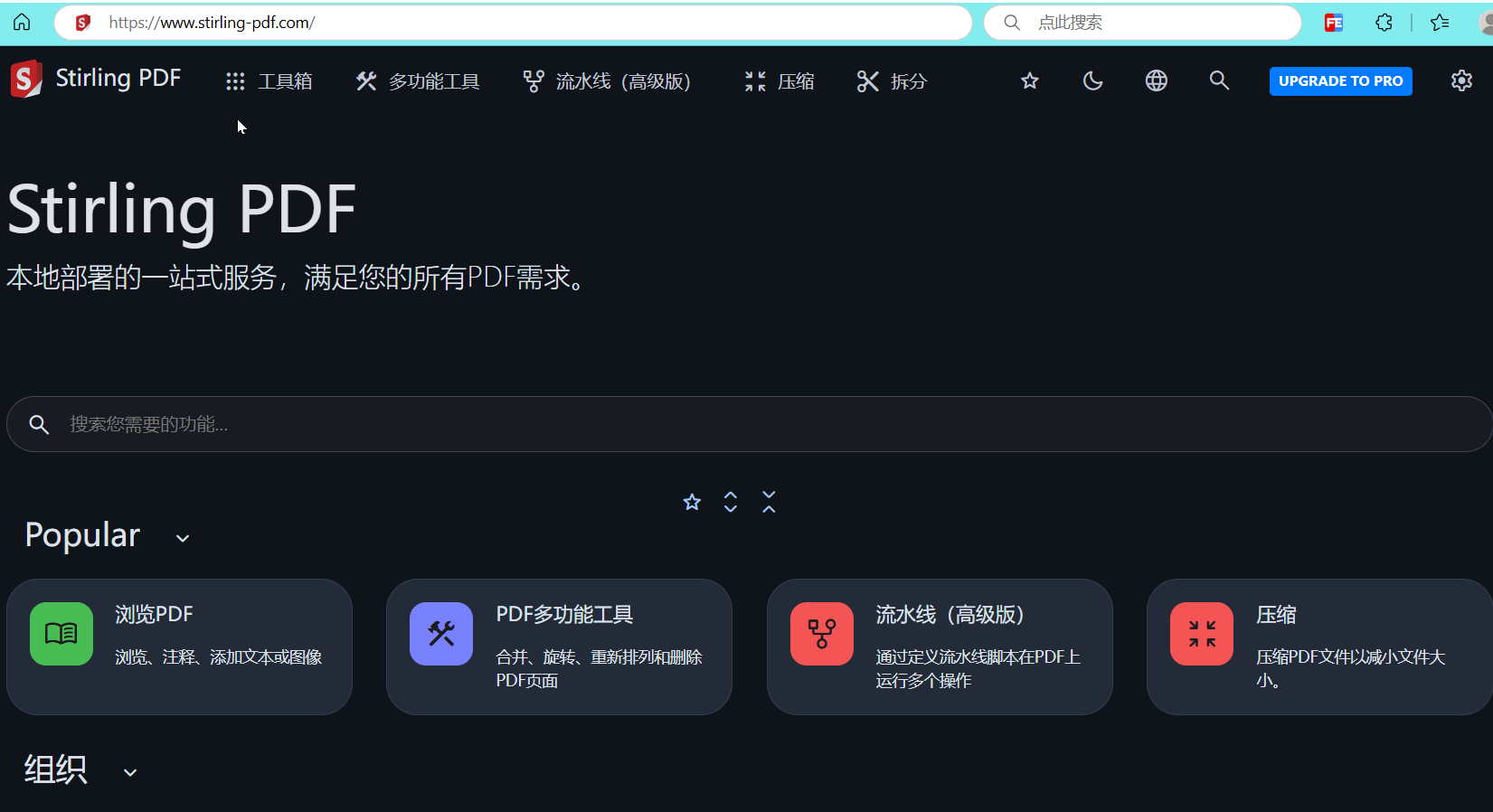| 又到一年毕业季,你准备好踏入社会的大门了吗?你设想过自己将要成为什么样的人吗?当人们向惠普公司前CEO卡莉·费奥瑞娜询问职业生涯的意见时,她常常告诉大家,不要放弃你的内在本性,千万不要出卖你的灵魂,因为没有人能够支付得起。 My fellow job seekers: I am honored to be among the first to congratulate you on completing your years at North Carolina A&T. But all of you should know: as Mother's Day gifts go, this one is going to be tough to beat in the years ahead。 The purpose of a commencement speaker is to dispense wisdom. But the older I get, the more I realize that the most important wisdom I've learned in life has come from my mother and my father. Before we go any further, let's hear it one more time for your mothers and mother figures, fathers and father figures, family, and friends in the audience today。 When I first received the invitation to speak here, I was the CEO of an $80 billion Fortune 11 company with 145,000 employees in 178 countries around the world. I held that job for nearly six years. It was also a company that hired its fair share of graduates from North Carolina A&T. You could always tell who they were. For some reason, they were the ones that had stickers on their desks that read, "Beat the Eagles." But as you may have heard, I don't have that job anymore. After the news of my departure broke, I called the school, and asked: do you still want me to come and be your commencement speaker? Chancellor Renick put my fears to rest. He said, "Carly, if anything, you probably have more in common with these students now than you did before." And he's right. After all, I've been working on my resume. I've been lining up my references. I bought a new interview suit. If there are any recruiters here, I'll be free around 11. I want to thank you for having me anyway. This is the first public appearance I've made since I left HP. I wanted very much to be here because this school has always been set apart by something that I've believed very deeply; something that takes me back to the earliest memories I have in life。 One day at church, my mother gave me a small coaster with a saying on it. During my entire childhood, I kept this saying in front of me on a small desk in my room. In fact, I can still show you that coaster today. It says: "What you are is God's gift to you. What you make of yourself is your gift to God." Those words have had a huge impact on me to this day. What this school and I believe in very deeply is that when we think about our lives, we shouldn't be limited by other people's stereotypes or bigotry. Instead, we should be motivated by our own sense of possibility. We should be motivated by our own sense of accomplishment. We should be motivated by what we believe we can become. Jesse Jackson has taught us; Ronald McNair taught us; the Greensboro Four taught us; that the people who focus on possibilities achieve much more in life than people who focus on limitations。 The question for all of you today is: how will you define what you make of yourself? To me, what you make of yourself is actually two questions. There's the "you" that people see on the outside. And that's how most people will judge you, because it's all they can see what you become in life, whether you were made President of this, or CEO of that, the visible you。 Never sell your soul 不要出卖灵魂 But then, there's the invisible you, the "you" on the inside. That's the person that only you and God can see. For 25 years, when people have asked me for career advice, what I always tell them is don't give up what you have inside. Never sell your soul. Because no one can ever pay you back。 What I mean by not selling your soul is don't be someone you're not, don't be less than you are, don't give up what you believe, because whatever the consequences that may seem scary or bad -- whatever the consequences of staying true to yourself are -- they are much better than the consequences of selling your soul。 You have been tested mightily in your life to get to this moment. And all of you know much better than I do: from the moment you leave this campus, you will be tested. You will be tested because you won't fit some people's pre-conceived notions or stereotypes of what you're supposed to be, of who you're supposed to be. People will have stereotypes of what you can or can't do, of what you will or won't do, of what you should or shouldn't do. But they only have power over you if you let them have power over you. They can only have control if you let them have control, if you give up what's inside。 I speak from experience. I've been there. I've been there, in admittedly vastly different ways -- and in many ways, in the fears in my heart, exactly the same places. The truth is I've struggled to have that sense of control since the day I left college。 I was afraid the day I graduated from college. I was afraid of what people would think. Afraid I couldn't measure up. I was afraid of making the wrong choices. I was afraid of disappointing the people who had worked so hard to send me to college。 I had graduated with a degree in medieval history and philosophy. If you had a job that required knowledge of Copernicus or 12th Century European monks, I was your person. But that job market wasn't very strong。 So, I was planning to go to law school, not because it was a lifelong dream. Because I thought it was expected of me. Because I realized that I could never be the artist my mother was, so I would try to be the lawyer my father was. So, I went off to law school. For the first three months, I barely slept. I had a blinding headache every day. And I can tell you exactly which shower tile I was looking at in my parent's bathroom on a trip home when it hit me like a lightning bolt. This is my life. I can do what I want. I have control. I walked downstairs and said, "I quit." I will give my parents credit in some ways. That was 1976. They could have said, "Oh well, you can get married." Instead, they said, "We're worried that you'll never amount to anything." It took me a while to prove them wrong. My first job was working for a brokerage firm. I had a title. It was not "VP." It was "receptionist." I answered phones, I typed, I filed. I did that for a year. And then, I went and lived in Italy, teaching English to Italian businessmen and their families. I discovered that I liked business. I liked the pragmatism of it; the pace of it. Even though it hadn't been my goal, I became a businessperson。 I like big challenges, and the career path I chose for myself at the beginning was in one of the most male-dominated professions in America. I went to work for AT&T. It didn't take me long to realize that there were many people there who didn't have my best interests at heart。 I began my career as a first level sales person within AT&T's long lines department. Now, "long lines" is what we used to call the long distance business, but I used to refer to the management team at AT&T as the "42 longs" which was their suit size, and all those suits and faces looked the same。 I'll never forget the first time my boss at the time introduced me to a client. With a straight face, he said "this is Carly Fiorina, our token bimbo." I laughed, I did my best to dazzle the client, and then I went to the boss when the meeting was over and said, "You will never do that to me again." In those early days, I was put in a program at the time called the Management Development Program. It was sort of an accelerated up-or-out program, and I was thrown into the middle of a group of all male sales managers who had been there quite a long time, and they thought it was their job to show me a thing or two. A client was coming to town and we had decided that we were getting together for lunch to introduce me to this customer who was important to one of my accounts。 Now the day before this meeting was to occur, one of my male colleagues came to me and said, "You know, Carly, I'm really sorry. I know we've had this planned for a long time, but this customer has a favorite restaurant here in Washington, D.C., and they really want to go to that restaurant, and we need to do what the customer wants, and so I don't think you'll be able to join us." Tags:不要,放弃,你的,灵魂  |
21世纪教育网,面向全国的中小学学教师、家长交流平台




